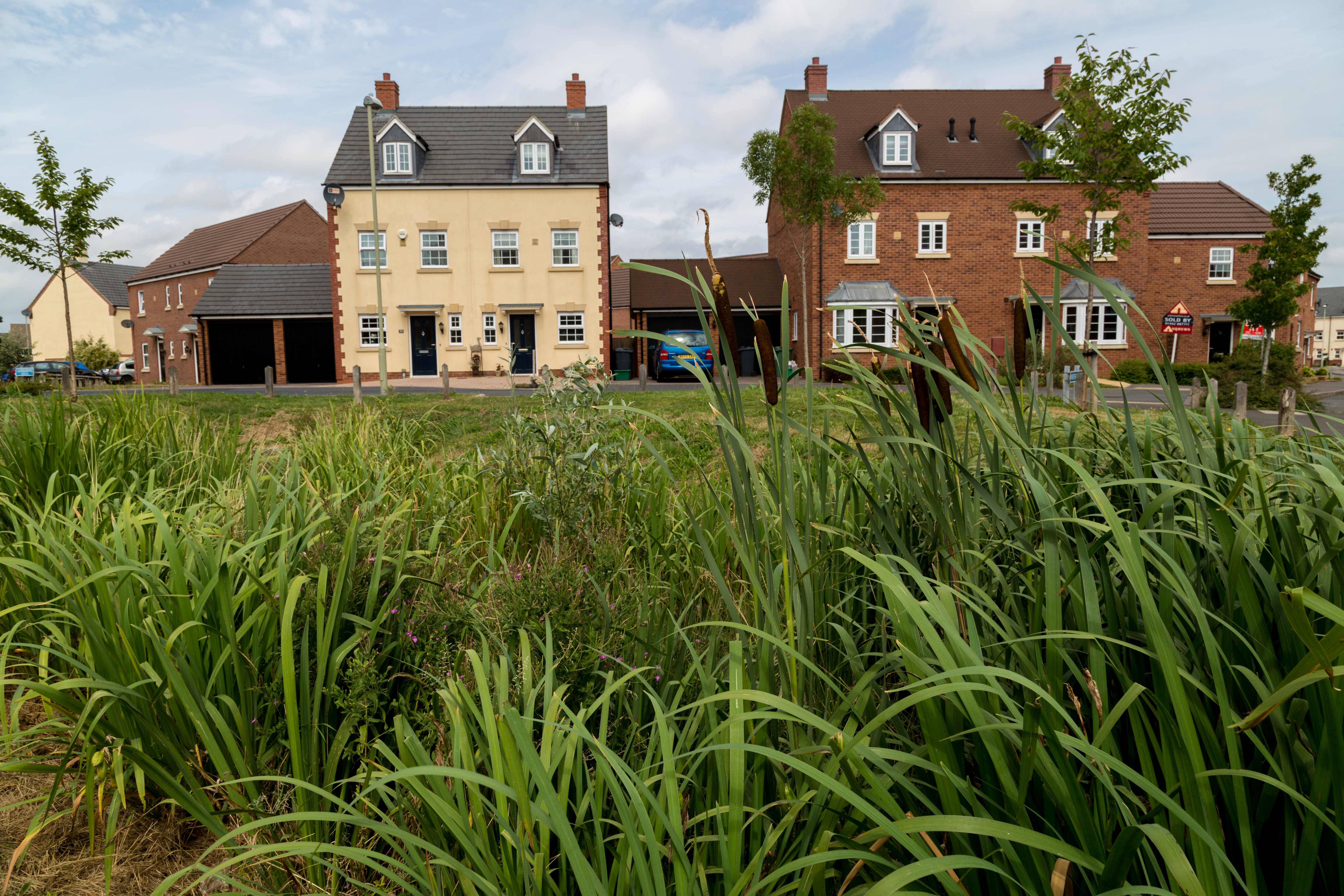Pessimistic Budget brings some optimism

The Budget had plenty of headlines. Like revised pessimistic economic forecasts and reduced Stamp Duty.
But for me there was one, huge historic moment. When Philip Hammond said this:
“We can’t keep our promise to the next generation to build an economy fit for the future unless our planet has a future”.
I can’t remember any Chancellor ever making such a forthright statement to acknowledge that our economy, like everything, relies on our environment.
Well done to the Environment Department, Defra, for getting that sentiment into the Budget Speech. Well done to Defra too for getting in the measure it related to, that the Government will investigate ways to reduce single-use plastic items like drinks bottles.

In the words of the Chancellor:
“Audiences across the country, glued to Blue Planet II, have been starkly reminded of the problems of plastics pollution…I want us to become a world leader in tackling the scourge of plastic, littering our planet and our oceans.”
But elsewhere in the speech, it was clear that Government departments other than Defra were also getting their two-penneth.
Most noticeably for me, there was a tax break for potential investors in North Sea oil and gas. What message does that say about the Government’s self-declared ambition to “leave the environment in a better state for the next generation”?
Most of the gas and oil extracted from the North Sea will be released into the atmosphere. Instead, we would have welcomed greater incentives for the UK to lead the world in clean, green energy.
What is obviously needed is a general plan of how it all fits together. Not just in terms of environment-specific policy, but policy across the board.
For example the Chancellor’s big finish included proposals to encourage 300,000 new build homes each year. These homes are much needed – both economically and for the health and wellbeing of millions of people.
But shouldn’t we be balancing that future value to society against the loss of that land’s current value to society in terms of amenity, homes for wildlife, or absorbing carbon, pollution or floodwaters?

And indeed shouldn’t we be looking at how building new homes could be combined with investment in our environment? For example by including sustainable drainage, green energy and a network of green spaces that will help people, wildlife and the planet? Responsible development can actually benefit nature if the right framework is in place.
These are of course rhetorical questions and I know what the Government’s answers would be: That it’s already doing a lot of work on how to calculate the natural value of our landscape to all of us, and that Defra is poised to publish a 25 year plan for the environment to tie everything together.
But the mixed bag in the Budget Speech suggests Defra has its work cut out trying to co-ordinate its 25 year plan with other Government departments who have different priorities. The two year delay in publication proves they’re not finding things easy.
So here’s a way to help them and to focus everyone’s minds. The report section of the Budget Speech is all about the value of the UK economy under the current Government’s stewardship – most simply expressed as Gross Domestic Product or Gross National Product.
But what if it also had to report on the value of the UK’s environment? A sort of Gross Natural Product or, more accurately, a Natural Wealth Statement? The Office for National Statistics is already working on some of the measures we’d need to report on the economic value of our natural assets. So why not make it a key headline figure of the Budget Speech too?
This seems such plain common sense because ensuring our environment’s future ensures our economy’s future, just as Philip Hammond said at the start of his speech and this blog and WWT has said in our policy paper Nature's Way - The Environment for Success.
Business, homes, families, health – everything relies on a healthy environment and surely the Government should be accountable for that? Our democracy demands it must be accountable to Parliament who are in turn accountable to the people.
If that chimes with you, there is something you can do. Join our campaign to stop nature falling silent in Westminster. Write to your MP and ask them to back our natural wealth.
It only takes a couple of minutes but, collectively, the difference we make could last for generations. Now there’s a return on investment that any Chancellor would be proud of!